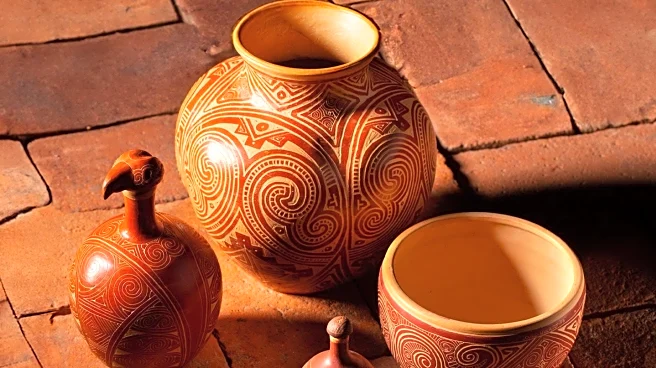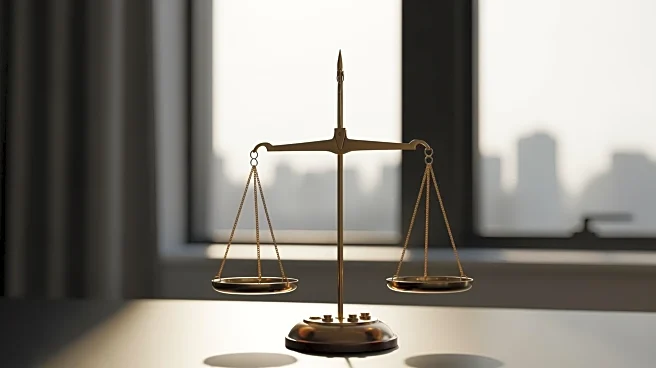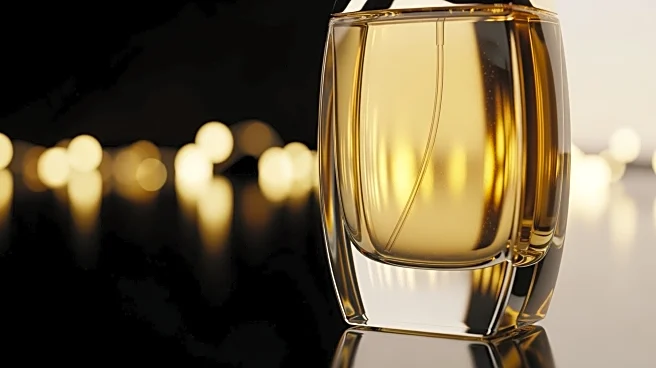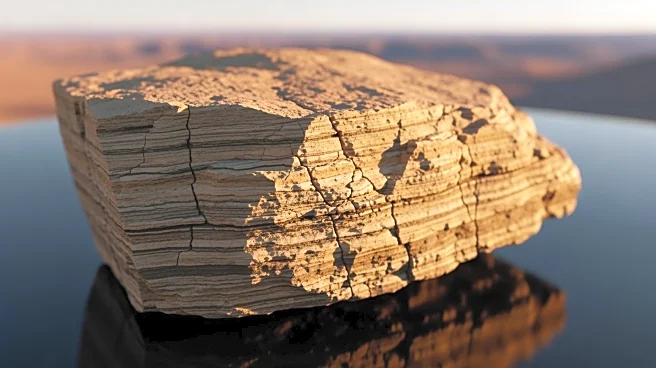What is the story about?
What's Happening?
The Waurá people, an Indigenous community in Brazil, are facing challenges in maintaining their ancestral pottery practice due to climate change. Worsening dry spells have affected the production of cauxi, a freshwater sponge mixed with clay to create ceramics. The ecological shifts have made the materials more expensive to source, threatening the cultural system central to Waurá identity. The community is raising awareness about the impact of climate change on their traditions.
Why It's Important?
This situation highlights the broader impact of climate change on Indigenous communities and their cultural practices. As global warming alters ecosystems, traditional ways of life are at risk, leading to potential loss of cultural heritage. The Waurá's experience underscores the need for urgent climate action to protect vulnerable communities and preserve their cultural identities.
What's Next?
The Waurá community is likely to continue advocating for climate action and seeking support to adapt their practices. Efforts to mitigate climate change and protect Indigenous traditions may involve collaboration with environmental organizations and government agencies. Raising awareness about the cultural implications of climate change could lead to increased support for conservation initiatives.
Beyond the Headlines
The threat to the Waurá's pottery tradition reflects a larger issue of how climate change disproportionately affects Indigenous peoples. These communities often rely on natural resources for their livelihoods and cultural practices, making them particularly vulnerable to environmental changes. Addressing these challenges requires a holistic approach that considers both ecological and cultural dimensions.















